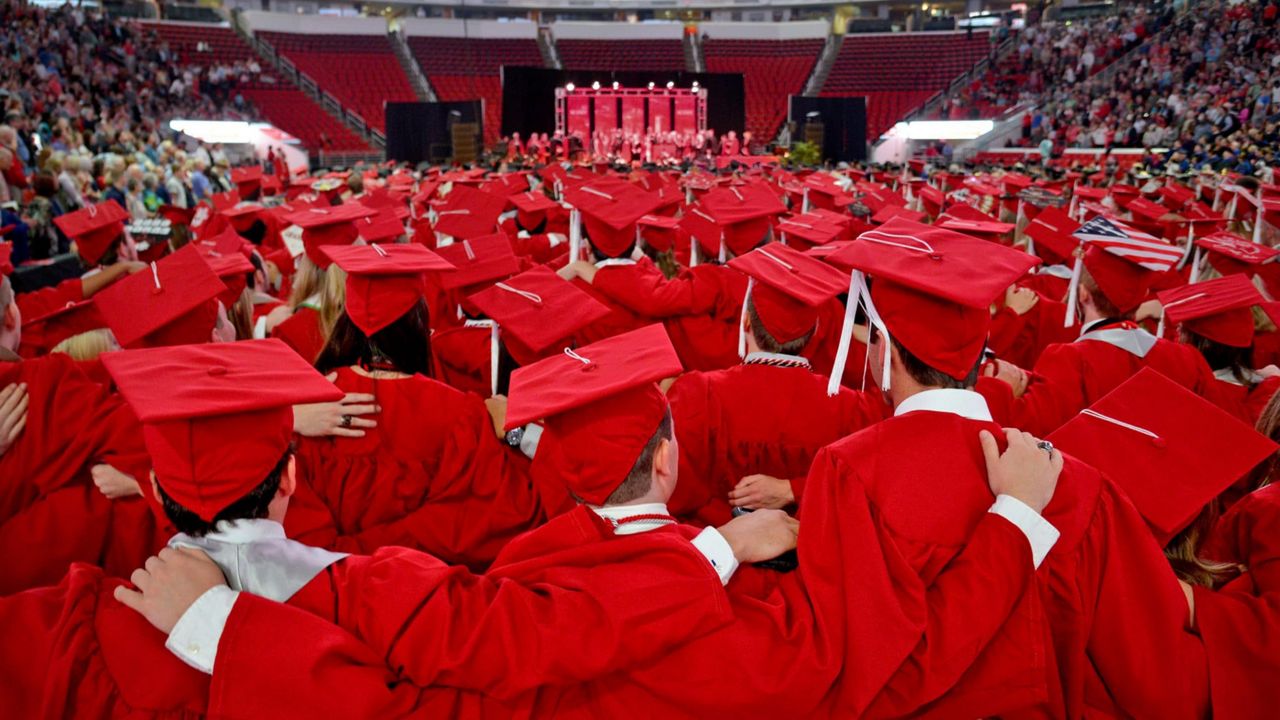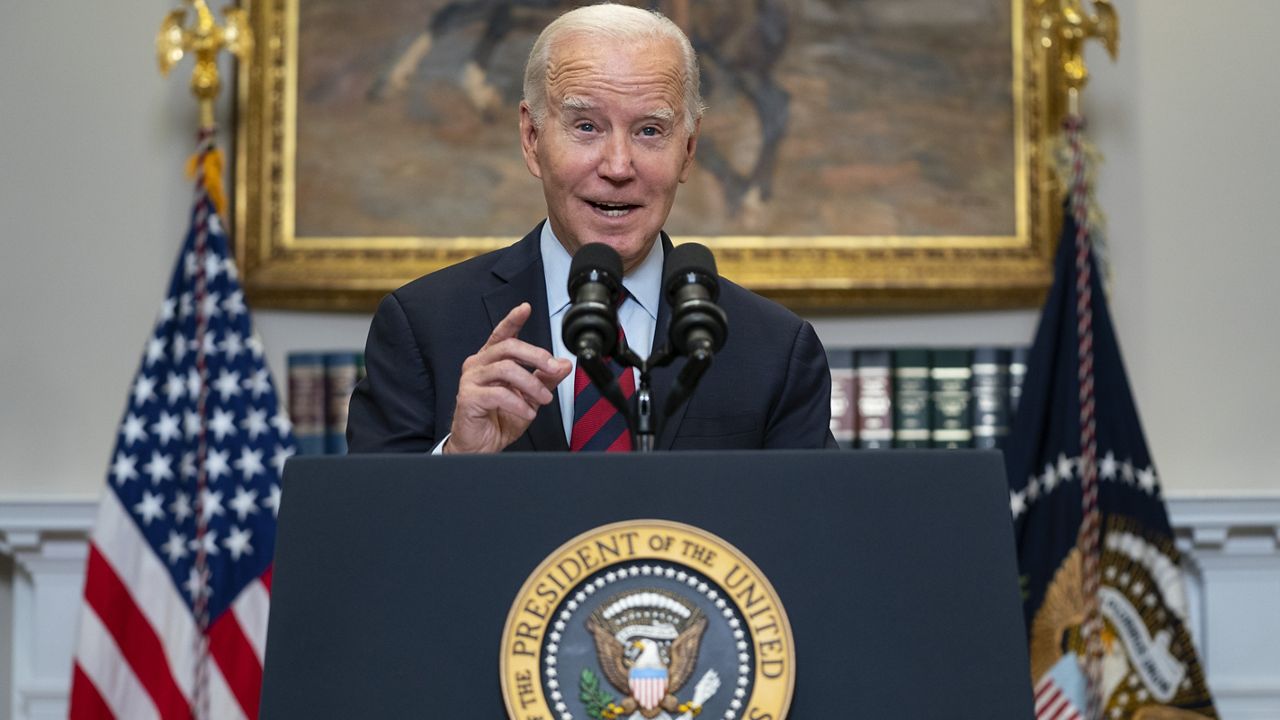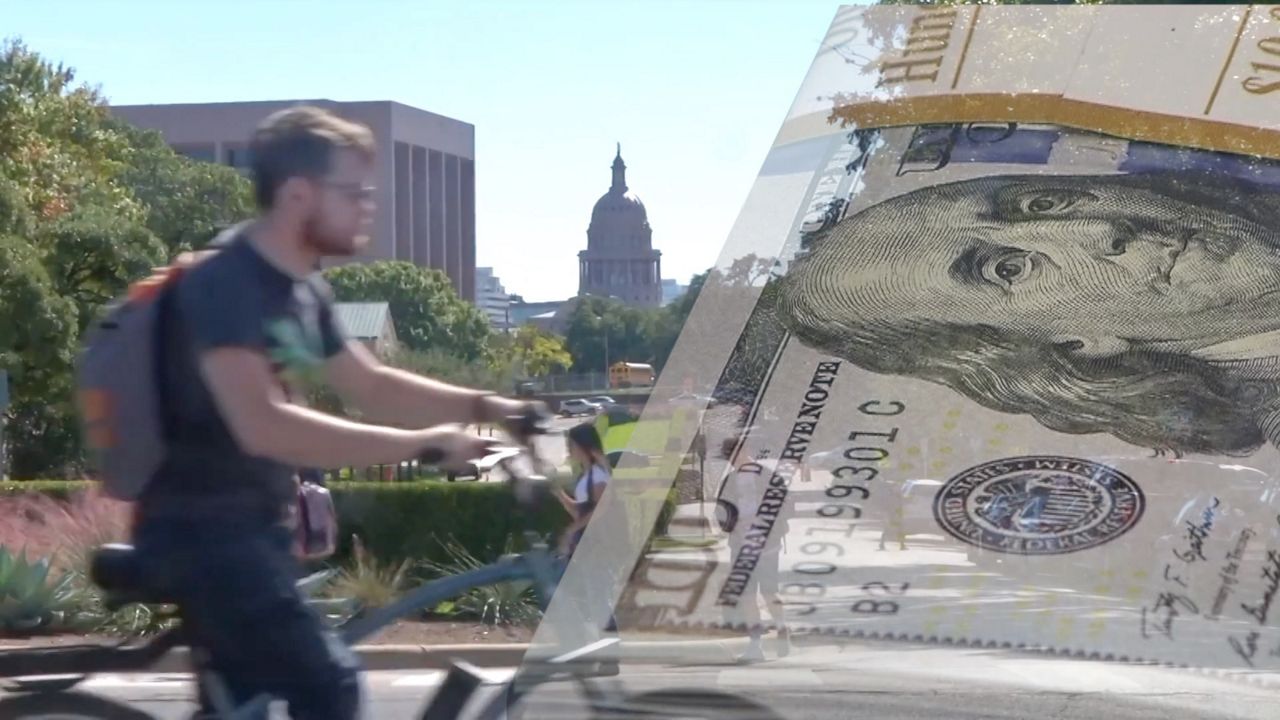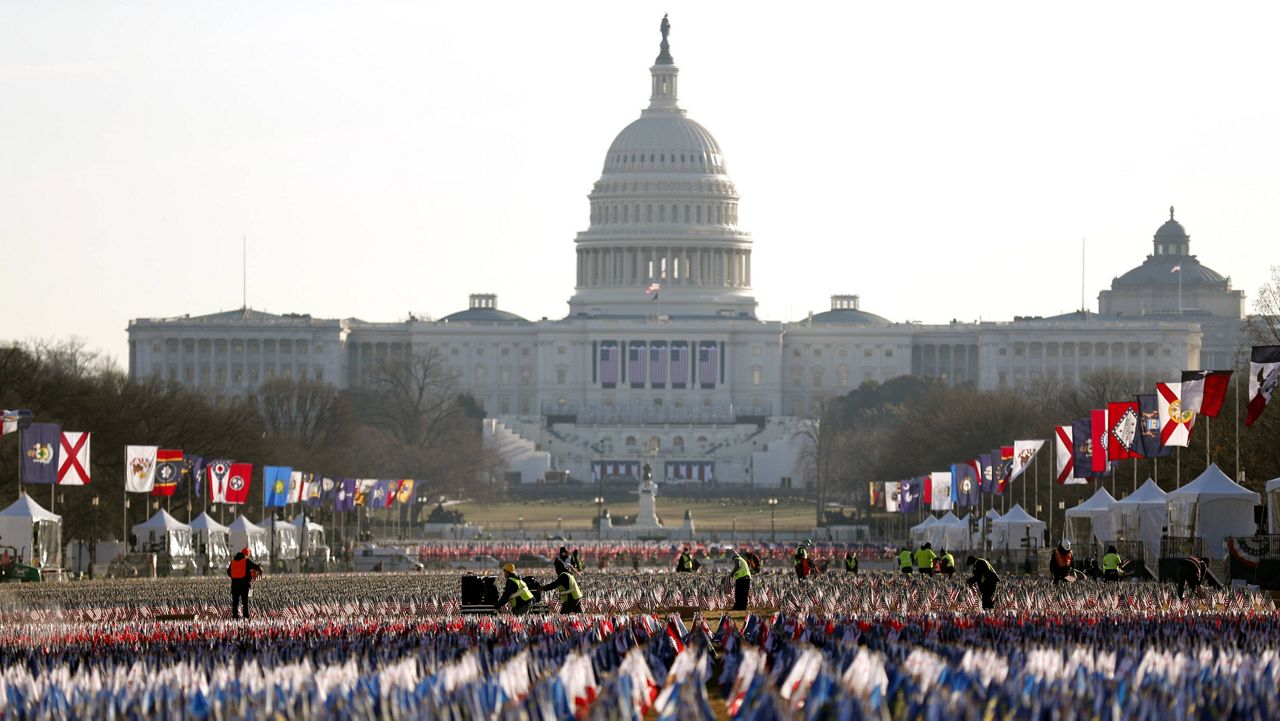Private universities around the country are on alert about a Republican push in Congress to increase the tax on their endowment incomes.
Tax on private university endowment income is 1.4%
Two bills backed by Republicans could increase the rate to 10%-20%
Trump supports the endowment tax; education professionals, including two at North Carolina's Davidson College, warn of harmful impacts
Republicans targeted the nation’s universities in last year’s election and now the talk has given way to action.
“Controlling the purse strings tends to change behavior,” said Rep. Mike Lawler, a New York Republican.
Lawler is one of the Republicans pushing proposals to increase taxes on the income of endowments at private universities.
“Rather than receiving money from a state… private universities tend to build an endowment, which is sort of like a retirement account, effectively it grows over time, and the proceeds from that growth are withdrawn a little bit each year to help fund the operations of the university,” said Davidson College associate professor of educational studies Chris Marsicano. “Depending on the university, that endowment could pay for anything from research to combat cancer and to come up with cures for the world’s worst diseases to funding financial aid, especially for low-income students.”
A 1.4% tax on endowment income was enacted in the first year of President Donald Trump’s first term for private schools with at least 500 students.
Lawler’s bill would boost the tax rate to 10%. It would also lower the threshold to tax for schools that have endowment assets that exceed $200,000 per student.
Another bill introduced by Rep. Troy Nehls, a Texas Republican, would boost the tax rate to 21%.
“Universities, the private universities certainly, are operating these massive endowments and they continue to grow, which is good. But utilize that toward student aid. They don’t do anywhere near enough to utilize it toward reducing the actual cost of education that they should be,” Lawler said. “They are operating in many respects like hedge funds.”
But Davidson College President Doug Hicks says student aid is exactly what would be hurt under a higher tax rate. Davidson pays 100% of a student’s calculated financial need through grants and student employment.
“Our endowment supports about a third of the financial aid that we provide to our students, so we are concerned about our ability to…provide a hundred percent of student need and doing it without loans in any students’ package,” Hicks said.
According to the The Tax Foundation, 33 universities paid around $380 million in taxes in 2023, up from around $68 million in 2021.
During the campaign, President Donald Trump said he would like to use the money from taxing endowments to create a free online university that isn’t “woke” called the “American Academy” – competing directly with four-year schools.
Duke University, which has one of the largest endowments in the country at nearly $12 billion, recently hired a lobbying firm that employs former Republican Sen. Richard Burr to focus on issues that include tax policies.
“Religiously affiliated institutions are saying, ‘OK, endowment tax is fine, but can we get a religious exemption?’ And small schools especially are saying, ‘Look, the endowment tax disproportionately hits our institutions, can we raise the threshold for students so that we aren’t hit by it?'” Marsicano said. “Schools that give out a massive amount of financial aid are saying, ‘OK, can we tax the part of the endowment that doesn’t go to financial aid because we don’t want this to be a tax on students?”
Hicks said he’s traveled to Washington several times to meet with lawmakers.
“I understand there’s a lot of distrust in higher education in general right now so it’s incumbent upon us… to say that we are deeply committed to financial aid and to student success,” Hicks said.
Hicks said an increase in the endowment tax would raise its bill from a $1 million a year to $10 million to $20 million, directly affecting financial aid.







